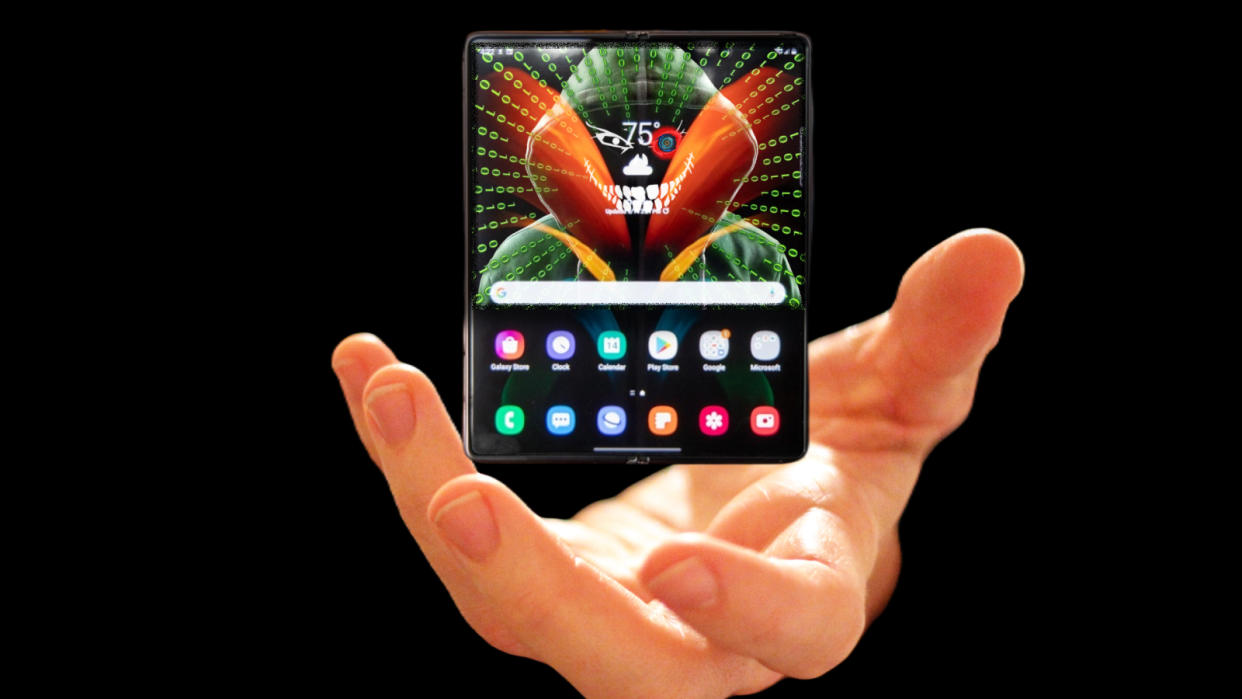Look out — Android stalkerware caught syping on thousands of phones

Thanks to a Switzerland-based hacker, maia arson crimew, it's been revealed that thousands of Android devices have shared personal user data (contacts, messages, call logs, recordings, and location) with an Iranian stalkerware company for over seven years. As reported by TechRadar, over 60,000 Android users have had their data exposed since 2016, thanks to a phone surveillance app called Spyhide.
Spyhide (a.k.a. Spouseware) is an app many have used to spy on their significant others. A spouseware app is used when someone suspects their significant other of cheating, being downloaded onto the victim's phone and running silently and sneakily in the background so that the suspecting spouse can track the activities of the person they think is stepping out.
However, users spying on their partners weren't the only ones collecting data; so was an Iranian software company Virsys, which may also go by Virsis.
This Stalkerware is dangerous
TechCrunch, which did a deep dive into how much data was collected, discovered that the victim's personal data was completely compromised, with call logs, text messages, and precise location history that dated back for years, being shared with threat actors worldwide. Spyhide's loose source code allowed access via its web-based dashboard, which allowed the victim's data to be exploited.
Using the information released by maia arson crimew, the team at TechCrunch was able to show how vast Spyhide's surveillance network is and how it reached around the world. Thousands of victims from Europe, Brazil, and the U.S. had more than 3,100 compromised devices sharing location data. One U.S.-based victim device had shared more than 100,000 location data points over several years.
What's terrifying is over 750,000 users have signed up to Spyhide to spy on someone or a romantic partner. Oddly enough, it was found that in several cases, it wasn't just one person stalking a singular victim, but several to thousands of individuals were following the activities of certain victims. In one case, 4,000 people were surveilling one individual.
Although TechCrunch tried to reach the developers of Spyhide, nobody responded. For its part, Google banned such spying devices from its app store long ago, but you can download Spyhide from the company's website.
To avoid this issue, go to Google Settings and check which apps share your data, especially your location. You can also turn off location sharing, and when an app requests you share location, deny it faster than me saying no to a fruit salad.
Lastly, here's some advice from a wise, experienced person who has had many relationships in adulthood. If your gut tells you you can't trust your partner, then end the relationship and save yourself the trouble. Don't go behind their backs and download spyware to their phone. Trust is the central cog in any healthy relationship. If you have good, logical, fact-based reasons not to trust someone, then do yourself and them a favor and move on.

